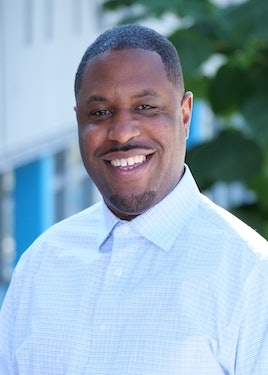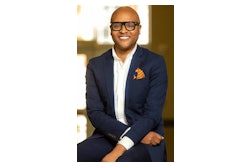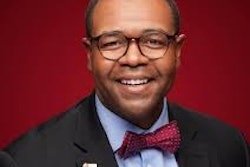The sudden loss of Malcolm-Jamal Warner is a heartbreaking moment for those of us who grew up watching him illuminate our television screens, but it also invites us to pause and reflect on the depth of his influence. Warner’s passing is more than the loss of a gifted actor, it is the passing of a cultural educator whose contributions left a lasting mark on Black education and the self-perception of Black youth across the United States.
 Dr. Antonio L. Ellis
Dr. Antonio L. Ellis
In an era when the media often painted Black boys as delinquents or burdens, Theo Huxtable disrupted this narrative. He was not a sidekick, a criminal, or a punchline. He was a central character whose story arc centered on family, education, and self-discovery. The episode in which Theo is diagnosed with dyslexia was groundbreaking. It not only raised awareness about learning disabilities, a topic rarely addressed on television at the time, but also provided Black families with a relatable example of how such challenges could be met with support and understanding rather than stigma and shame.
For many Black boys, Theo was the first character who looked like them, spoke like them, and struggled like them, but was still loved unconditionally and encouraged to thrive. The impact was immense. The show, and Warner’s role in particular, offered both mirrors and windows, mirrors for Here and Now Black youth to see themselves reflected in ways that affirmed their dignity, and windows for broader audiences to view Black families with nuance and pride.
But Warner’s influence did not end with his portrayal of Theo. Off-screen, he was deeply invested in education, youth empowerment, and cultural enrichment. He took on directing roles in youth-centered programming, hosted educational specials, and lent his voice to important public health campaigns. He was intentional about using his platform to inform, uplift, and inspire.
In 1992, Warner starred in and co-produced, a sitcom about a recent college graduate who returns to Harlem to work at a community youth center. Though the show was short-lived, its message endured: education is not just about personal advancement, it’s about reaching back and lifting others as you climb. The character he played in Here and Now mirrored Warner’s real-life commitment to social responsibility and mentorship.
In addition to his work in television, Warner was a poet, musician, and spoken word artist. He viewed art not just as entertainment, but as a vehicle for education and transformation. He used his poetry to explore themes of Black identity, mental health, masculinity, and justice, often speaking in spaces where young people could hear his message and see new possibilities for themselves. His Grammy Award for his work on Jesus Children of America alongside Robert Glasper and Lalah Hathaway is a testament to his dedication to socially conscious art.


















